When Dame Louise Martin’s lilting tones were heard at the Commonwealth Games opening ceremony in Birmingham on Thursday night, it offered a reassuring reminder of this Fife woman’s remarkable achievements in sport.
She may not be a household name, but there’s hardly a country that the 75-year-old former swimmer, Sportscotland chairwoman and first female president in the history of the Commonwealth Games Federation hasn’t visited during her illustrious career – and it all began in 1946 when she was born in Dunfermline.
Right from the outset, the young Louise Campbell was not only interested in sporting pursuits, but a talented participant in the pool and she competed in the 110 yards backstroke and 220 yards backstroke and reached the finals in both events at the British Empire and Commonwealth Games in Perth in Australia in 1962.
A bright future seemed in store for the teenager, but this was long before the days of Lottery money and funding for elite athletes and she quit the swimming circuit to concentrate on teaching after gaining a diploma in domestic science and food nutrition at Edinburgh College of Domestic Science, where she lectured from 1969 to 1972.
As a natural-born communicator, Martin was in her element in the classroom, and she worked at Glenrothes High School and then Millburn Academy in Inverness, where she lived for a time with husband, Ian, and the couple had two children, Kerry and Gordon.
At that stage, in the 1970s, it would have seemed fanciful to her that she would eventually become of the planet’s leading sports administrators, but, in many respects, she was perfect for such a role; a meticulous planner, a progressive trailblazer with more interest in the trail than the blazer, and somebody passionate about games without frontiers and the positive impact they could have on the world.
When Kerry took an interest in gymnastics, it seemed only logical that her mother, who had become a well-regarded lecturer in sports nutrition, should choose to take her first steps into the often challenging world of administration by managing Scotland’s gymnastics team at the 1994 Commonwealth Games in Victoria in Canada.
She excelled in the role and, as people began to take notice of her grasp of myriad different subjects and ability to unpick and understand the most labyrinthine documents and protocols, she became a leading figure in the Commonwealth Games Council for Scotland as well as being on the board of UK Sport and Sportscotland, the government funding agencies, and the Scottish Institute of Sport.
By the start of the 21st century, there was talk of Scotland bidding once more for the Games which they had staged twice before in Edinburgh in 1970 and 1986. Yet there was caution and an air of apprehension around the discussions, given the dismal memories of the latter event, which was blighted by political boycotts and the bull-in-a-china-shop antics of billionaire businessman Robert Maxwell.
It needed somebody with drive, dynamism and determination to sell the notion to the Commonwealth that they should come back to Caledonia, but nobody was better equipped for the task than Martin, who was named as UK Sports Administrator of the Year in 2002, as the prelude to receiving a CBE a year later and duly embracing the onerous task of promoting Glasgow as the venue for the 2014 Games.
One of her colleagues told me at the time: “Louise is perfect for this job. Once she has got something in her mind, it stays there until she has made it happen. She is making waves and moving into positions which were once exclusively held by men.”
As somebody blessed with the philosophy that genius is an infinite capacity for taking pains, Martin engaged in the sort of shuttle diplomacy to boost Glasgow’s chances which we more usually associate with diplomats trying to prevent a global conflict.
She visited more than 60 countries in nine months, often spending less than 24 hours in any one place, continuously, tirelessly checking in and out of hotels and airport lounges, making a string of presentations and, according to another of her colleagues, “showing many foreign friends how to dance the Dashing White Sergeant”.
But it worked and when Glasgow won the prize they had coveted, the wheels began moving on the campaign to make them an international success. Once again, though she wasn’t seeking the limelight, Martin was in the forefront of the planning and preparation and was as proud as punch when the Games proved a resounding success.
At that point, in her late 60s, it would have been easy – and understandable – if she had decided to retreat from the Games, but on the contrary, she made fresh headlines by becoming the 8th president of the Commonwealth Games Federation in 2015.
And there she was, with a positivity-packed message in Birmingham, where she managed to weave her way through a minefield of political and cultural sensitivities.
Sport can bring people together
As she told her global audience: “We are one family. Our 72 nations, we all speak the same languages. We’re all in this together. If you go into the village and see the athletes together, it’s family, that’s how we speak and how we see each other.
“I find it strange. Some people talk about colonialism and all the different breakdowns. Yes, people want independence but people still want to be a part of the Commonwealth Games. We’re unique because we are holding everyone together.”
This is one Dame who has no intention of slipping quietly into retirement. Not bad for somebody who retired from swimming at 21, but has made a big splash ever since.
More like this
How Olympic glory slipped away from Dundee great Liz McColgan in Barcelona 30 years ago
Alain Baxter: The Scot who won and lost an Olympic skiing medal but remains ‘a champion’
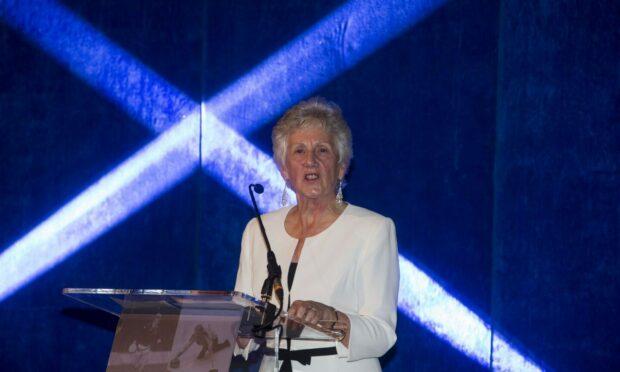
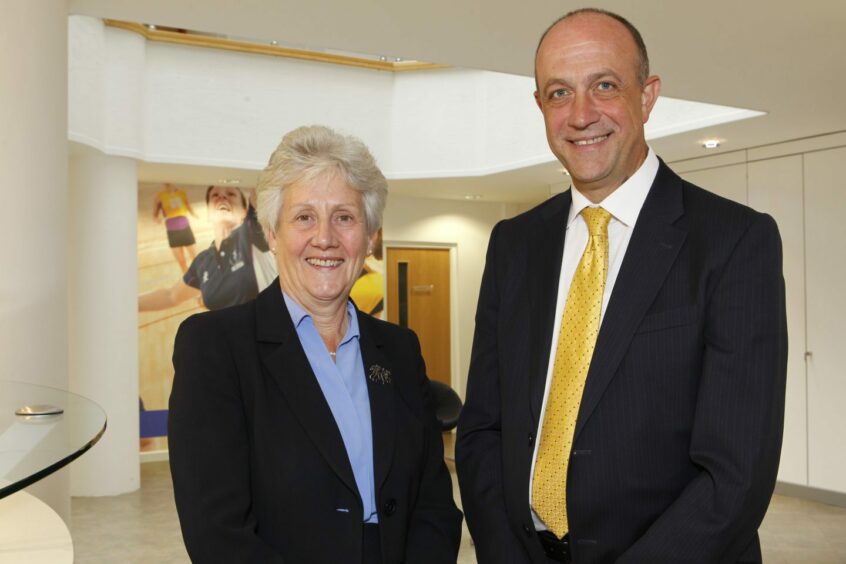
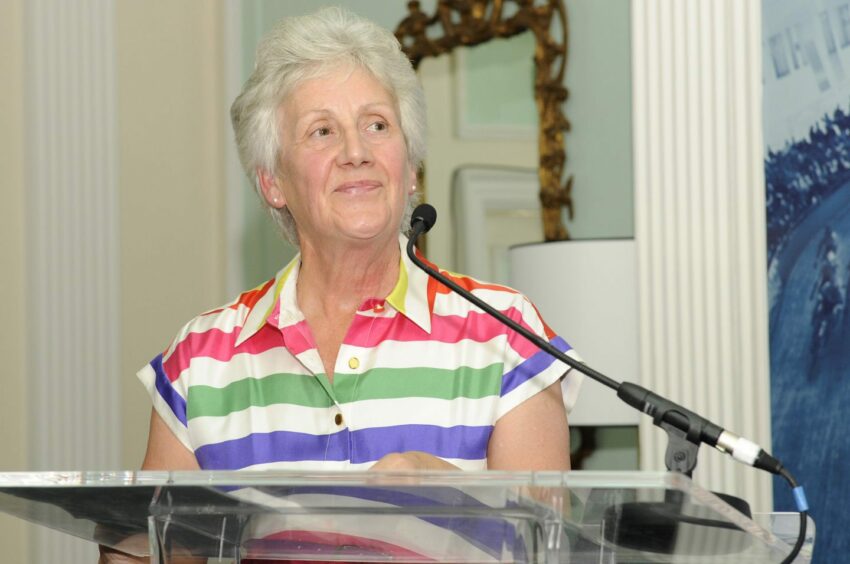
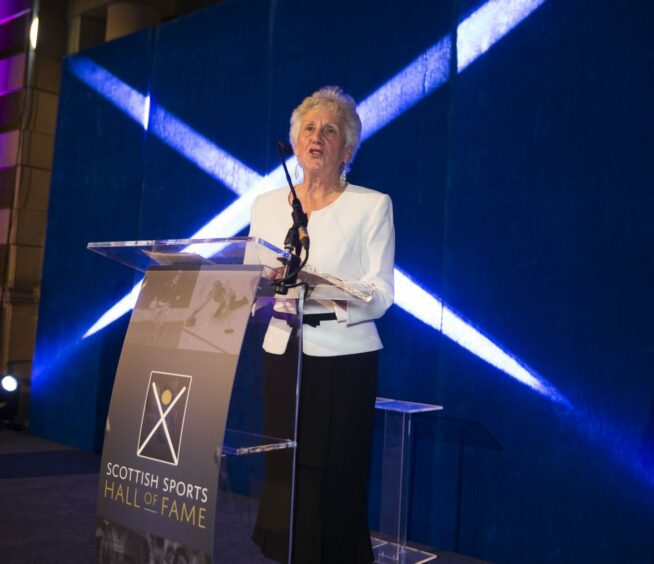
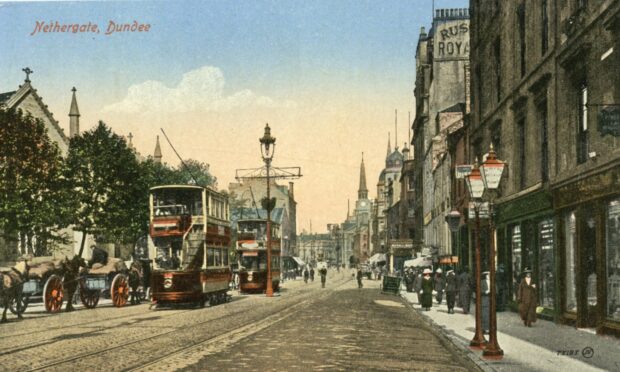




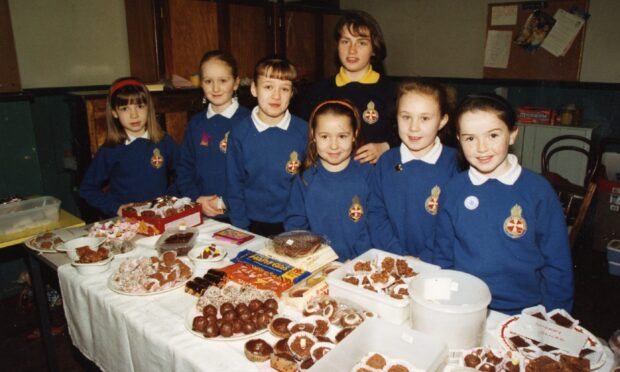




Conversation